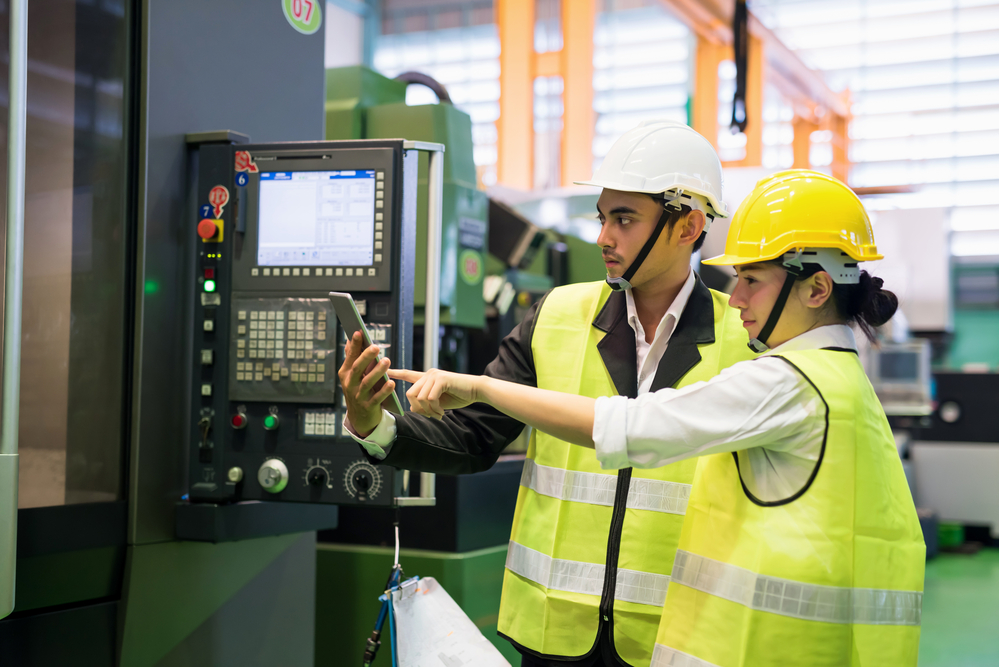
Today’s technologies are critical in making effective knowledge transfer. Successful knowledge transfer uses management systems, artificial intelligence tools, virtual training platforms, collaboration tools, and mobile applications. These technologies can help overcome challenges and promote seamless field service information transfer between technicians.
Using Knowledge Management Systems to Increase Efficiency
A centralized knowledge repository is crucial for efficiency. A knowledge management system (KMS) repository for products, services, procedures, past customer interactions, and historical data benefits field technicians significantly. It facilitates accurate, up-to-date information for field technicians. This data also helps organizations improve outcomes by identifying trends. Using a KMS increases efficiency by making collaboration between field service teams seamless. This, in turn, enhances resolution times and customer satisfaction.
Using AI Technology to Automate Capture, Transfer, and Retrieval
Artificial intelligence (AI) is another essential strategic tool. Using AI automates knowledge capture, transfer, and retrieval in field service operations. AI-powered chatbots and virtual assistants provide excellent support to field service technicians. Storing this data is helpful to technicians who need to resolve similar issues in the future.
AI-powered predictive analytics identifies potential issues before they occur. This helps teams be proactive, which increases efficiency and reduces costs. AI-powered predictive analytics troubleshoot before a problem begins to take hold. Collecting past service calls or sensor data is critical.
Visual Training, Remote Learning, and Upskilling
Virtual training platforms, webinars, and video tutorials are valuable resources for knowledge transfer among field service team members. Collaborative education technologies prevent redundancies and increase productivity.
On-demand training bolsters teams by adding knowledge and skills to operate well. Training resources are essential. Increased efficiency, customer satisfaction, reduced costs, and fewer repeat visits mean happier customers. Collaboration helps break down silos of information and allows for extra knowledge sharing. As Field Service News points out: “Technology alone is not enough. To achieve the full potential of effective knowledge transfer, companies need to create a culture that values knowledge sharing and collaboration.”
Upskilling requires collaboration, data sharing, and employing a KMS to document processes so that future technicians don’t have to reinvent the wheel. Using virtual training with tools like artificial intelligence can mean higher customer satisfaction rates and quicker job turnarounds.
